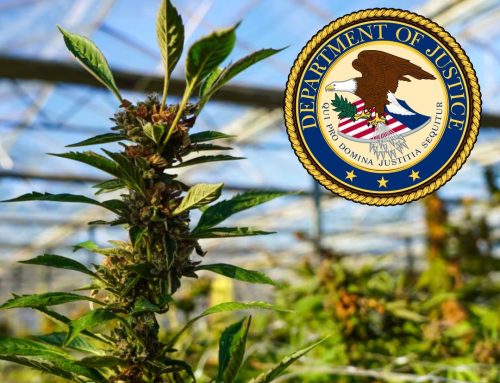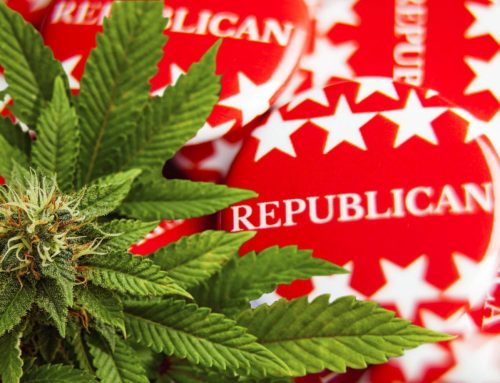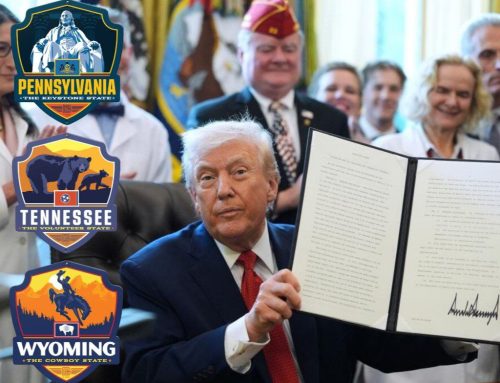Missouri Activists Gird Up for 2026 Ballot Measure to Unify Hemp and Cannabis Regulations
LOS ANGELES – Missouri Cannabis advocates, led by hemp business owners, plan to submit a ballot initiative in the coming days that would combine regulations for hemp and Cannabis products under a single framework for the 2026 election. The proposal seeks to establish equal treatment between the two sectors by overhauling the state’s licensing process, allowing hemp-derived items with low THC levels to be sold alongside Cannabis under consistent rules.
The effort stems from ongoing tensions between Missouri’s regulated Cannabis market, legalized for adult use in 2022 through a constitutional amendment, and the less restricted hemp industry. Hemp-derived products have proliferated in convenience stores and online, often competing directly with licensed dispensaries. Proponents argue that separate systems create inefficiencies and confusion, with one industry representative stating that both derive from “the same plant” and deserve uniform oversight. The initiative would model regulations after those for alcohol, potentially easing access while maintaining age restrictions and quality controls.
If approved by voters, the measure could expand market opportunities for hemp producers by integrating them into the existing Cannabis licensing structure, which currently generates over $1 billion in annual sales from recreational and medical Cannabis.
However, this shift raises questions about market saturation. Licensed Cannabis operators might face increased competition from hemp items, which are cheaper to produce and distribute without the same tax burdens or facility requirements. Data from state reports show Missouri’s Cannabis industry has grown rapidly since legalization, with more than 200 dispensaries operating, but hemp sales remain unregulated at the point of sale, leading to concerns over product safety and underage access.
Critics within the Cannabis sector worry the proposal could undermine the voter-approved framework that includes social equity provisions and revenue allocation for veterans’ care and expungements. Hemp advocates counter that unification would streamline enforcement and boost economic growth by reducing black-market incentives. To qualify for the ballot, organizers must collect signatures from at least 8% of voters in six of Missouri’s eight congressional districts, a threshold met successfully in past Cannabis campaigns.
As Missouri’s Cannabis market continues to develop, this initiative sheds light on the broader debate over the alignment of federal and state policies, particularly with regard to the ongoing national discussions on restrictions of hemp-derived products. The outcome could set a precedent for finding the middle ground between innovation and consumer protection. However, the initiative’s success depends on voter turnout and potential legal action from established players.




































